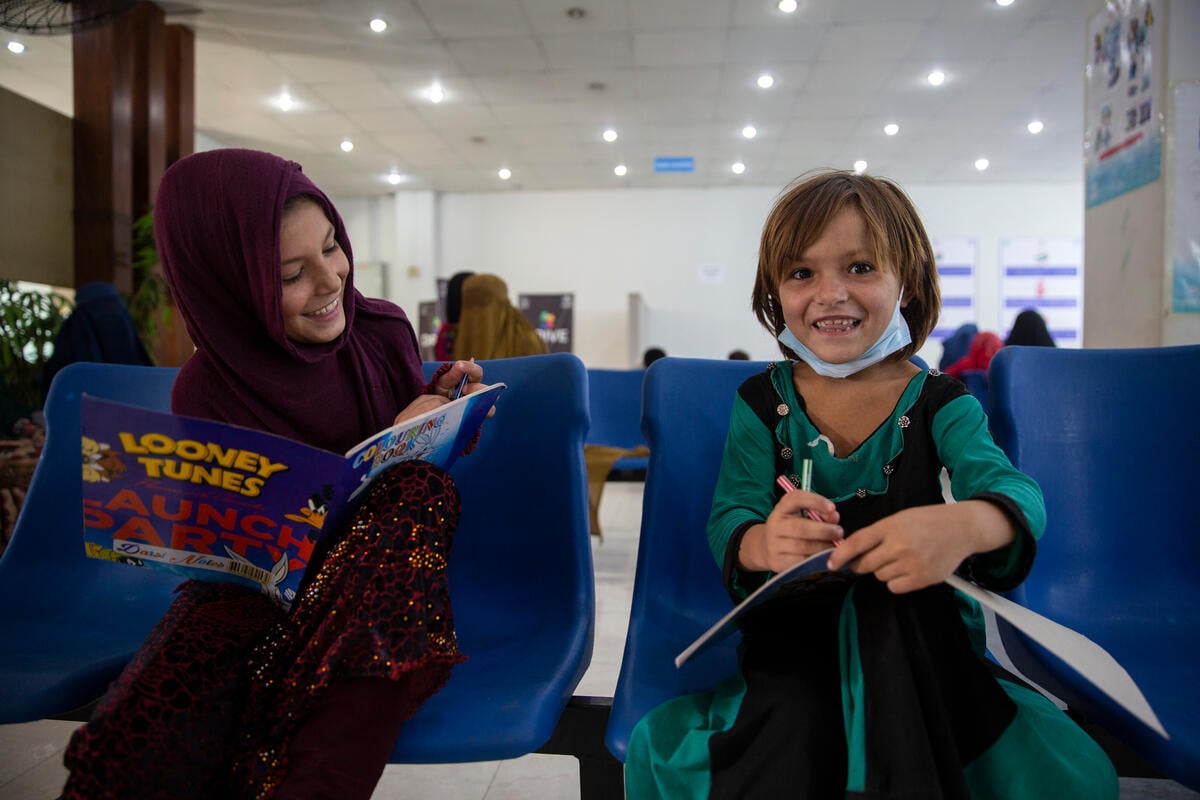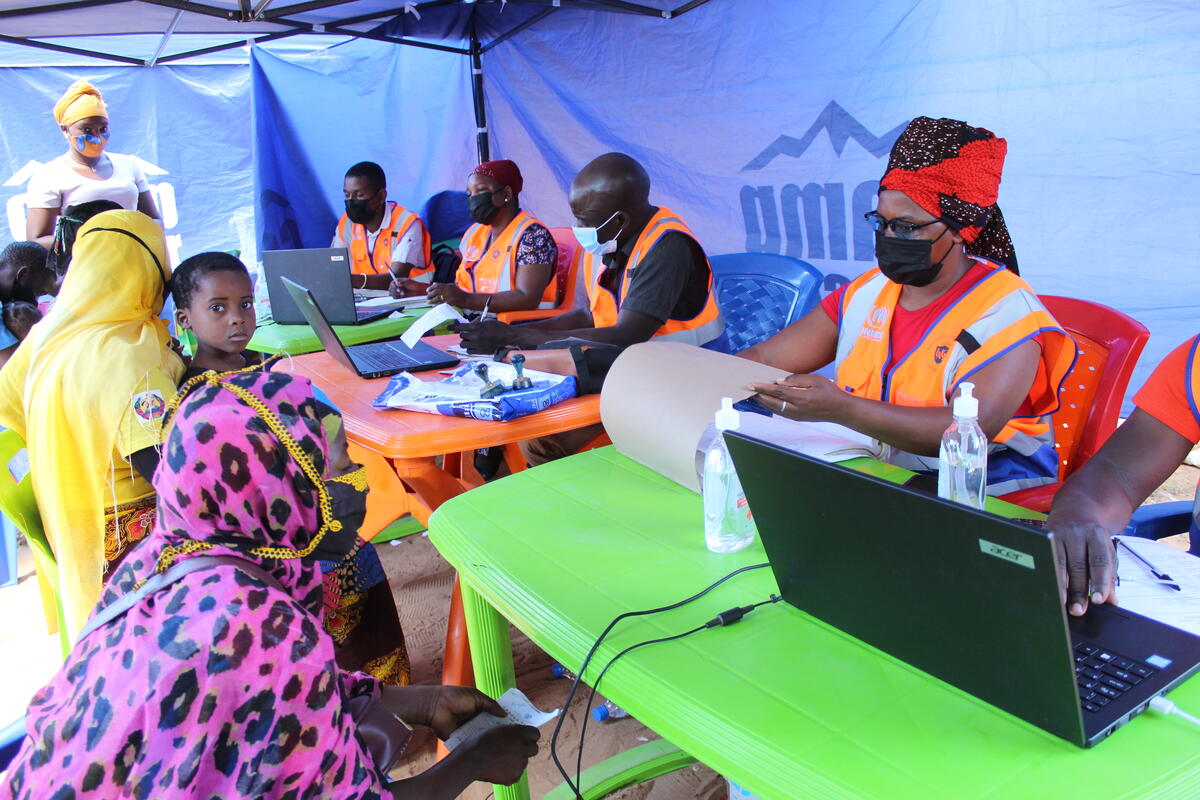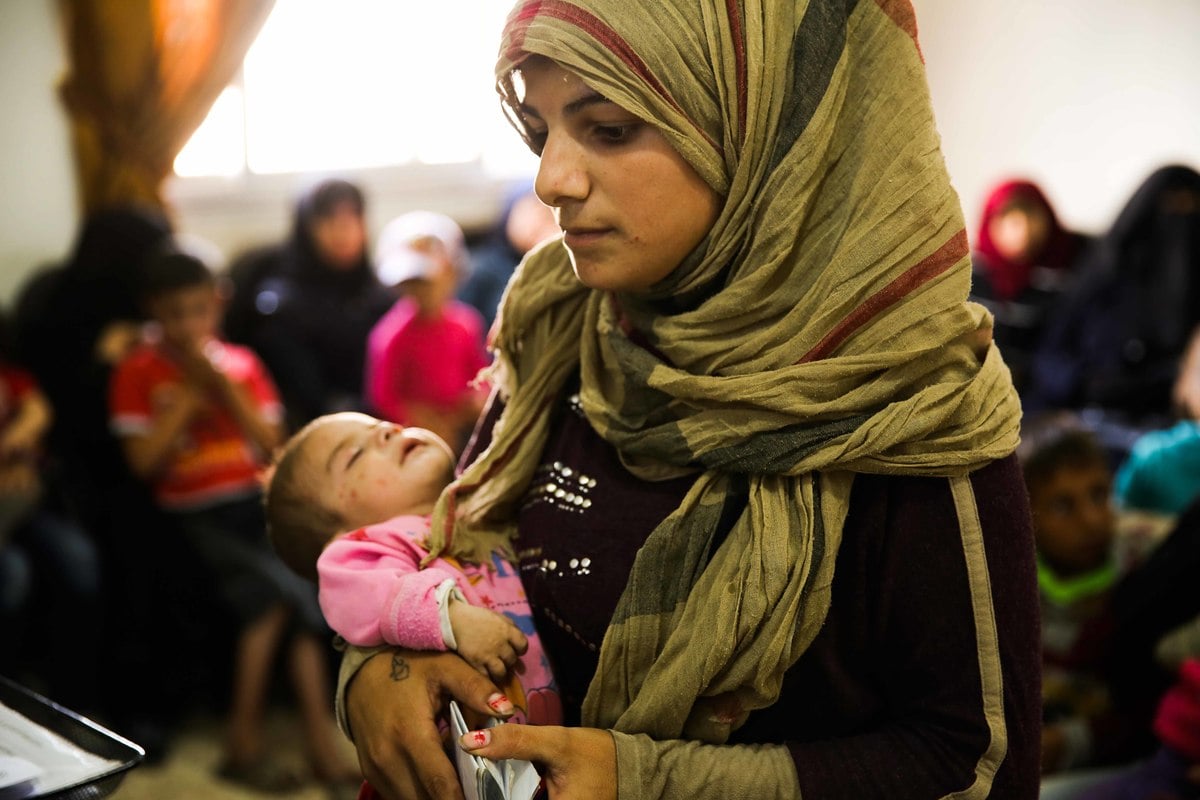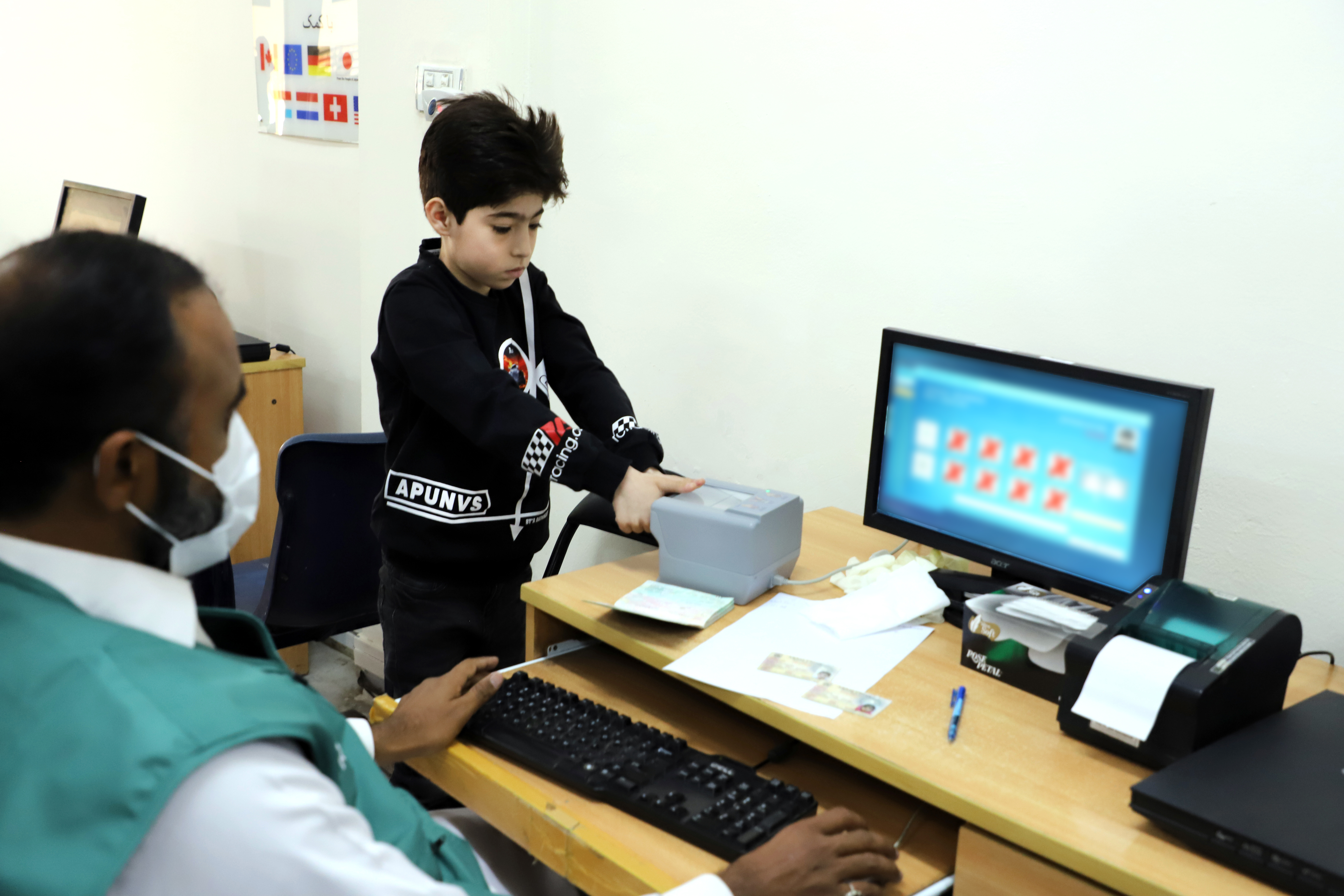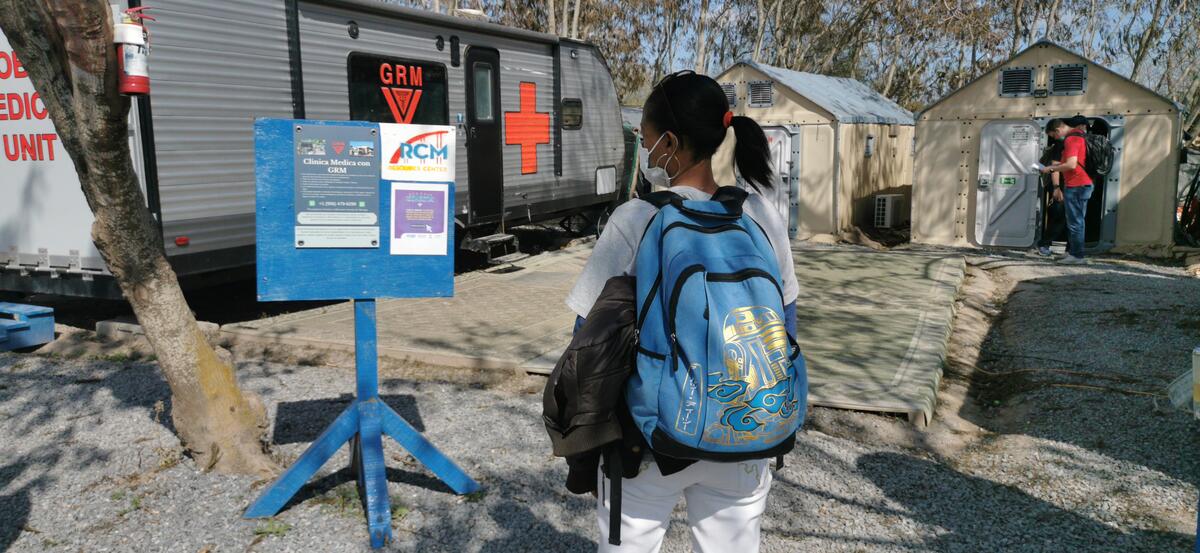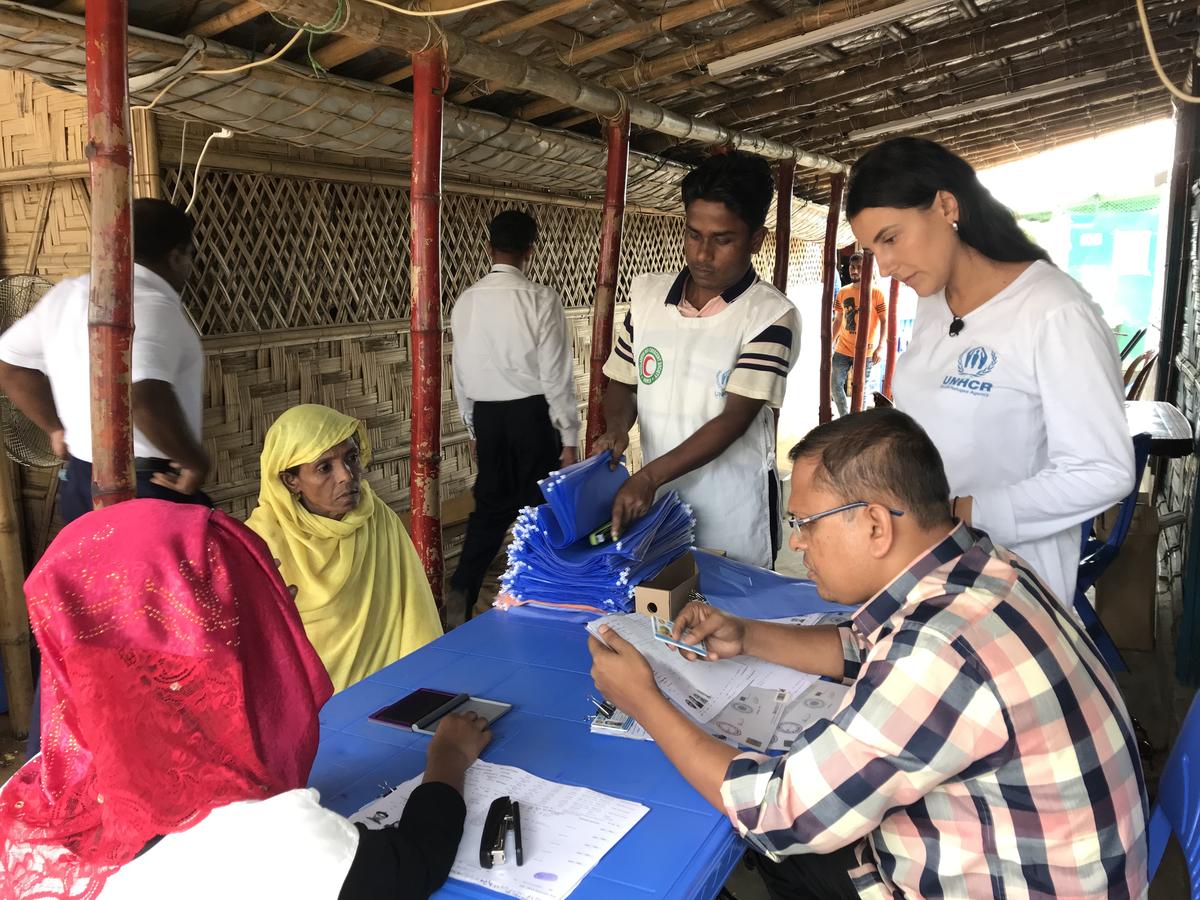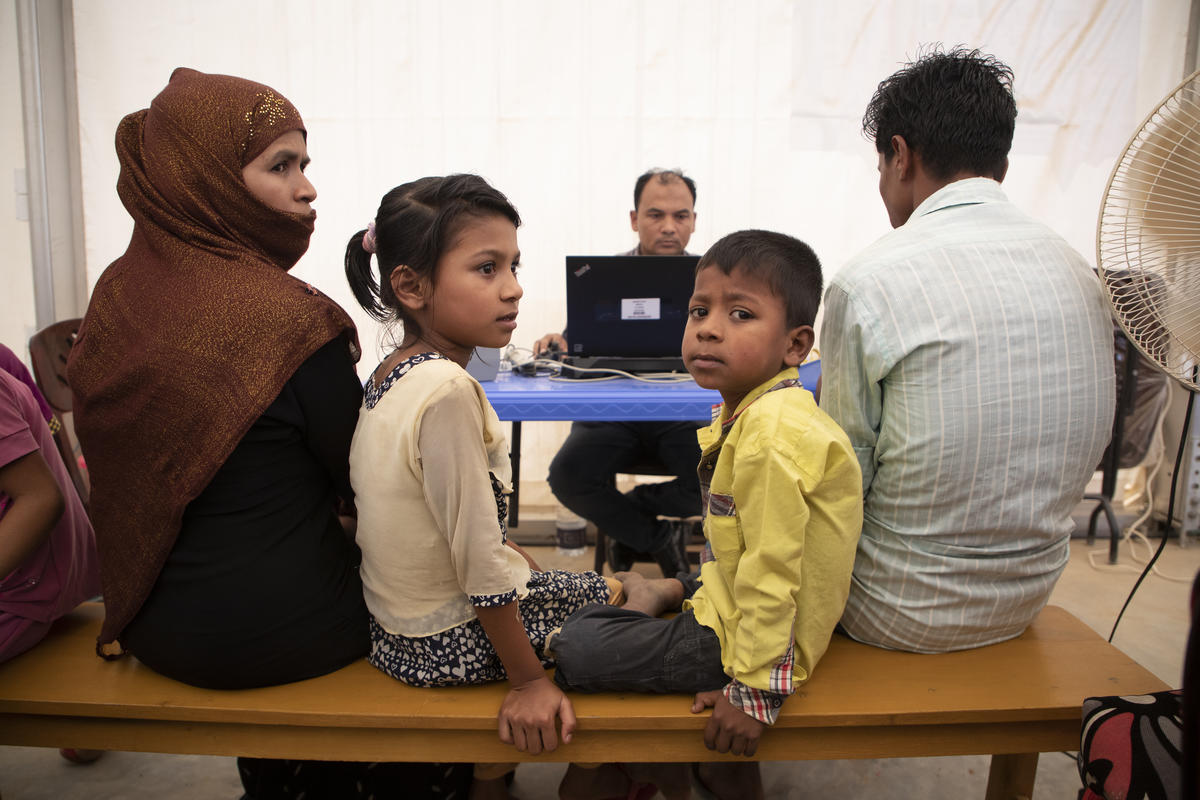UNHCR and Sudan kick off registration of Eritrean and Ethiopian refugees
UNHCR and Sudan kick off registration of Eritrean and Ethiopian refugees

KHARTOUM, Sudan, March 4 (UNHCR) - The UN refugee agency and the government of Sudan have launched a joint registration operation for tens of thousands of mostly Eritrean and Ethiopian refugees living in eastern Sudan. The registration, due to last for several months, started on Sunday and is expected to benefit more than 133,000 refugees.
Out of these, 95,000 live in open camps in Kassala, Gaderef, Jezzira, Sinar and the Red Sea states of eastern and central Sudan, while about 38,000 live in urban and rural areas of these states. Khartoum, the capital, is said to be hosting close to 30,000 refugees, who also need to be verified and registered.
The massive operation seeks to address the plight of refugees who, after decades in Sudan, are still relying on humanitarian assistance because of lack of access to employment, compounded by lack of proper identification documents.
"This exercise will clearly allow us and the government of Sudan to determine the exact number of Eritrean and Ethiopian refugees who are still in Sudan," said Chris Ache, the UNHCR representative for Sudan.
"We will also be in a better position to reinstate those who had lost their refugee status but deserve it back, while at the same time we will collect enough information on their needs," added Ache, referring to Eritreans affected between 2002 and 2004 by the so-called "cessation clause" that revoked their refugee status
The Eritrean and Ethiopian refugees in Sudan have mostly enjoyed protection for the past four decades, but it has been extremely difficult for those living in the east and in Khartoum to support themselves, particularly when they lack ID.
By registering these populations, the Sudanese government and UNHCR hope to determine the best solution based on the refugees' profile. Some will require continued humanitarian support because of their vulnerability.
Others may require self-reliance support, while a number may be in need of resettlement in a third country because they can neither remain in Sudan nor repatriate. Ache said that at the end of the exercise the government would issue ID to all registered refugees.
Most importantly, the registration will translate into reconfirmed refugee status for nearly 70,000 Eritreans who lost it under the cessation clause. UNHCR considers that the end of the Eritrean war of independence in 1991 and the end of the border conflict between Eritrea and Ethiopia in 2000 removed the root causes of the Eritrean refugee problem.
The registration will also take into account the arrival since the beginning of last year of some 10,000 asylum seekers. Nearly 90 percent of them originating from Eritrea cited forced army recruitment as their main reason for flight. Others are from Ethiopia and Somalia. The last general registration took place in 2001.
The Eritreans and Ethiopians in Sudan represent one of the most protracted refugee situations in the world.
By Fatoumata Kaba in Khartoum, Sudan

